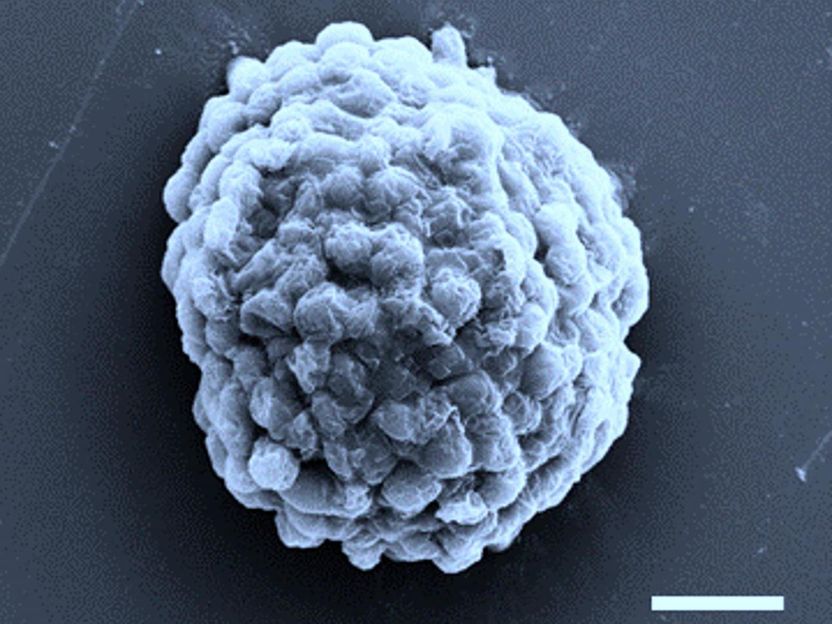Brain-computer interface, developed at Brown, begins new clinical trial
BrainGate, an investigational technology being developed to detect brain signals and to allow people with paralysis to use those signals to control assistive devices, is about to begin a second, larger clinical trial. The system is based on neuroscience, engineering and computer science research at Brown University.
The BrainGate2 pilot clinical trial is taking place at Massachusetts General Hospital (MGH), in close collaboration with an interdisciplinary team of researchers from MGH and Brown University. The study has been approved by the MGH Institutional Review Board to begin recruiting participants. The trial extends prior safety and feasibility research of the BrainGate Neural Interface System, which consists of an implanted baby aspirin-size brain sensor that reads brain signals and computer technology that interprets these signals. The BrainGate Neural System may allow people with paralysis to control assistive devices.
The new clinical trial is part of a larger BrainGate research effort, the ultimate goal of which is to help patients with spinal cord injury, stroke, muscular dystrophy, amyotrophic lateral sclerosis (ALS) or limb loss turn their thoughts into actions, restoring independence, mobility, and communication. The work to date with BrainGate trial participants has explored their ability to control robotic limbs, operate computer software and drive a wheelchair. New research will help advance the pilot system.
BrainGate is based on research and technology developed in the laboratory of John Donoghue, the Henry Merritt Wriston Professor of Neuroscience at Brown and director of the Brown Institute for Brain Science. Arto Nurmikko, professor of engineering, and Michael Black, professor of computer science, are also key research partners on this team. More than a dozen Brown undergraduate and graduate students have helped advance the research and technology.
Two Brown faculty members are leading the research: Donoghue and Dr. Leigh Hochberg, associate professor of engineering at Brown and a vascular and critical care neurologist at MGH, Brigham and Women's Hospital, and Spaulding Rehabilitation Hospital. Hochberg is also affiliated with Harvard Medical School and the VA Medical Center in Providence.
The new trial is taking place at a time of great promise for neurotechnology research. "We are entering a new age of neurotechnology. Our fundamental understanding of the nervous system, combined with advances in engineering, may help people with brain and spinal cord injuries and diseases," Donoghue said.
"We are working to develop and test new technologies that we hope will help patients with devastating illnesses that limit their ability to move or to speak," Hochberg said. "The goal of our research is to harness the brain signals that ordinarily accompany movement and to translate those signals into actions on a computer, like moving a cursor on the screen, or the movement of a robotic or prosthetic limb."
A previous clinical trial run by Cyberkinetics Neurotechnology Systems Inc., together with researchers at MGH and Brown, demonstrated that the neural signals associated with the intent to move a limb can be "decoded" by a computer in real time and used to operate external devices. The BrainGate Neural Interface System involves a sensor placed on a part of a study participant's brain called the motor cortex. During earlier research sessions, a computer was connected to the sensor through a pedestal on the participant's head, allowing the participants to control a computer cursor by simply thinking about the movement of their own paralyzed hand. For financial reasons, Cyberkinetics stopped funding the trial and withdrew from the research. Cyberkinetics had launched in 2001, based on research and technology developed in Donoghue's lab.
Most read news
Topics
Organizations
Other news from the department science
These products might interest you

Limsophy by AAC Infotray
Optimise your laboratory processes with Limsophy LIMS
Seamless integration and process optimisation in laboratory data management

ERP-Software GUS-OS Suite by GUS
Holistic ERP solution for companies in the process industry
Integrate all departments for seamless collaboration

Get the life science industry in your inbox
By submitting this form you agree that LUMITOS AG will send you the newsletter(s) selected above by email. Your data will not be passed on to third parties. Your data will be stored and processed in accordance with our data protection regulations. LUMITOS may contact you by email for the purpose of advertising or market and opinion surveys. You can revoke your consent at any time without giving reasons to LUMITOS AG, Ernst-Augustin-Str. 2, 12489 Berlin, Germany or by e-mail at revoke@lumitos.com with effect for the future. In addition, each email contains a link to unsubscribe from the corresponding newsletter.
Most read news
More news from our other portals
Last viewed contents

MSD to acquire EyeBio - Start-up developing new treatment options for patients with retinal diseases
Anti-idiotypic
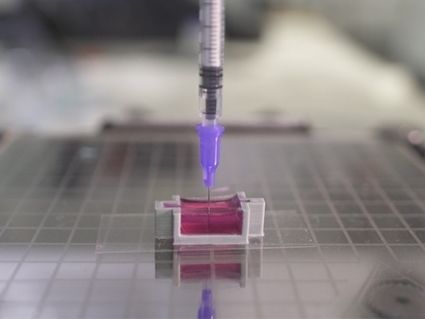
Scientists use novel ink to 3D-print ‘bone’ with living cells - 3D printers may one day become a permanent fixture of the operating theatre
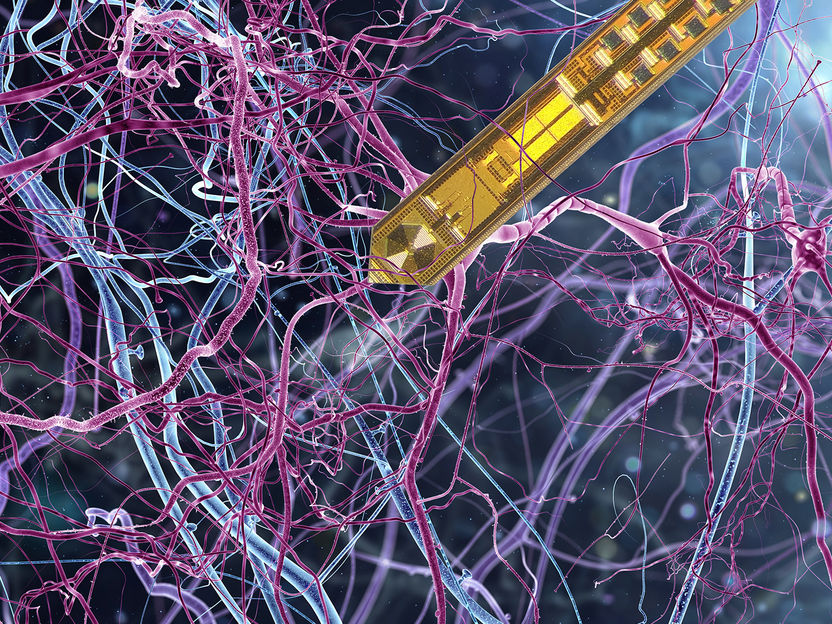
Novel sensor implant radically improves significance of NMR brain scans - Researchers present a new method that shows single neuron data
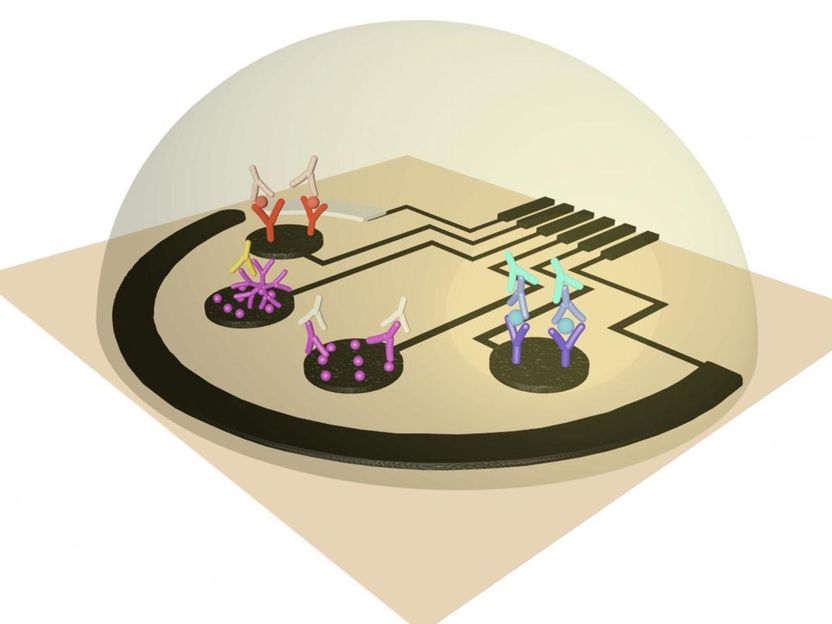
Researcher unveils sensor that rapidly detects COVID-19 infection - New test may enable the at-home diagnosis of a COVID infection through rapid analysis of small volumes of saliva or blood in less than 10 minutes
Evident to accelerate its growth and innovation - Olympus Agree on Transfer of Evident to Bain Capital
Category:Uncategorised_pharmacology_articles
Molecular Devices and Cytena Partner collaborate in single cell printing
Crouzon_syndrome
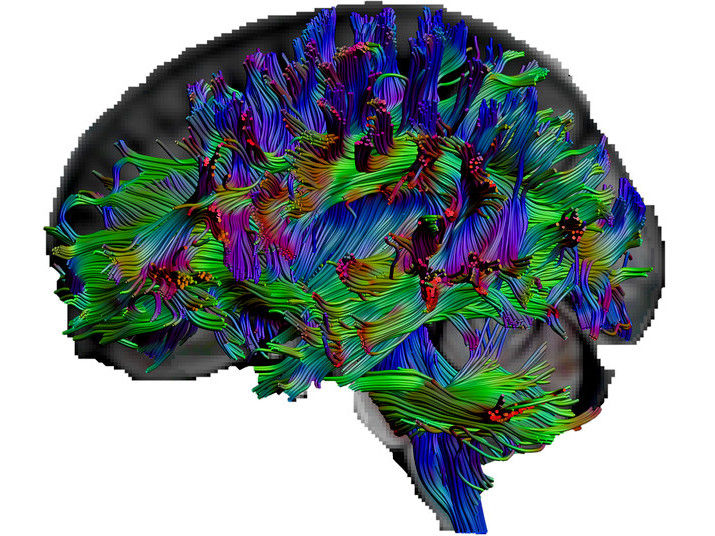
What the brains of people with excellent general knowledge look like
Almost as sensitive as a dog's nose - New sensor for SERS Raman spectroscopy
